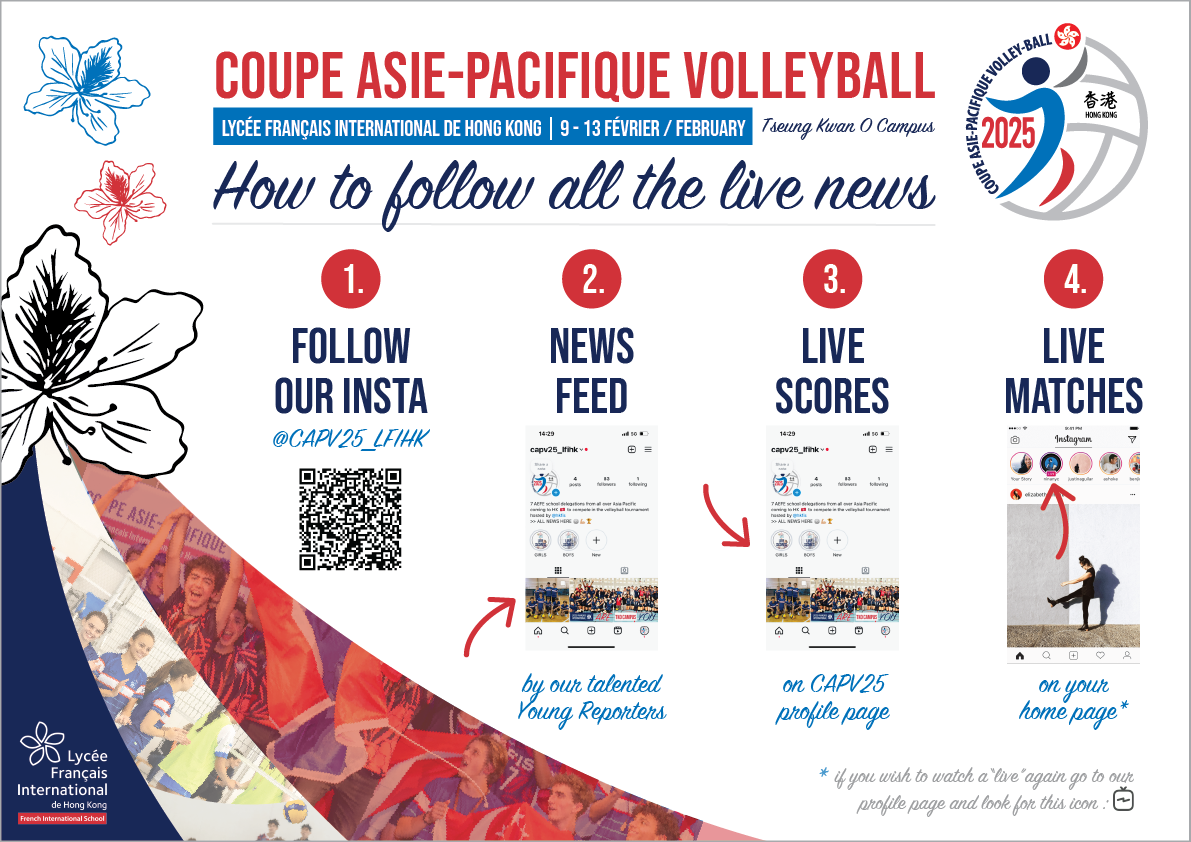To be Culturally French, and Globally Minded

What does it mean to be culturally French and globally-minded?
When I first read the FIS Hong Kong Strategy, I was immediately struck by this goal. It seemed to encapsulate so perfectly the uniqueness of schools such as FIS – and indeed other schools on the AEFE’s global network.
At once, the phrase captures the French DNA of the school, cultural and linguistic alike, and establishes an explicit link between the Frenchness of the school and a broader international ecosystem in which it resides. Over the years, I have sometimes heard this hybridity expressed as “French schools with international programs” or “international schools with French programs”. In the final analysis, whatever your perspective might be, it is the coexistence of both streams that makes for the rich educational offering that FIS provides to its 2,800 students.
In recent weeks, since I have taken up my post at FIS, I've had several exchanges with parents of students from both our Streams. A common thread among them is their appreciation for both the school's French identity and its global perspective. Interestingly, there were a variety of reasons for choosing FIS, specifically amongst French parents. Some mentioned how the international stream aligns with their family's lifestyle and educational expectations. Others emphasised the importance of a traditional and rigorous French curriculum, while a third group highlighted the crucial role of cultural diversity and bilingualism in their decision to enrol their children.
As a former teacher of French and linguist by training, I was reminded of the unique place that the French language and culture play as a federating experience for almost all our students. In addition, the study of third and subsequent languages builds on the same principle of linguistic diversity as a defining feature of a school such as FIS.
Countless studies attest to the fact that bilingual and multilingual students cognitively outstrip their monolingual counterparts. More recent studies have shown that enhanced brain plasticity found in bilingual students leads to higher levels of empathy and a more fluid navigation of the complexity our students will encounter as adults. If you would like to learn more about the benefits of bilingualism, the following articles may be of interest to you:
- https://www.ncbi.nlm.nih.gov/pmc/articles/PMC3583091/
- https://www.babbel.com/en/magazine/bilingual-education-key-better-brain
- https://www.apa.org/news/podcasts/speaking-of-psychology/being-bilingual
- https://www.ncbi.nlm.nih.gov/pmc/articles/PMC3322418/
Whatever our lives might look like culturally and linguistically, it’s a great gift to be a part of a learning community that actively embraces being culturally French and globally minded.






